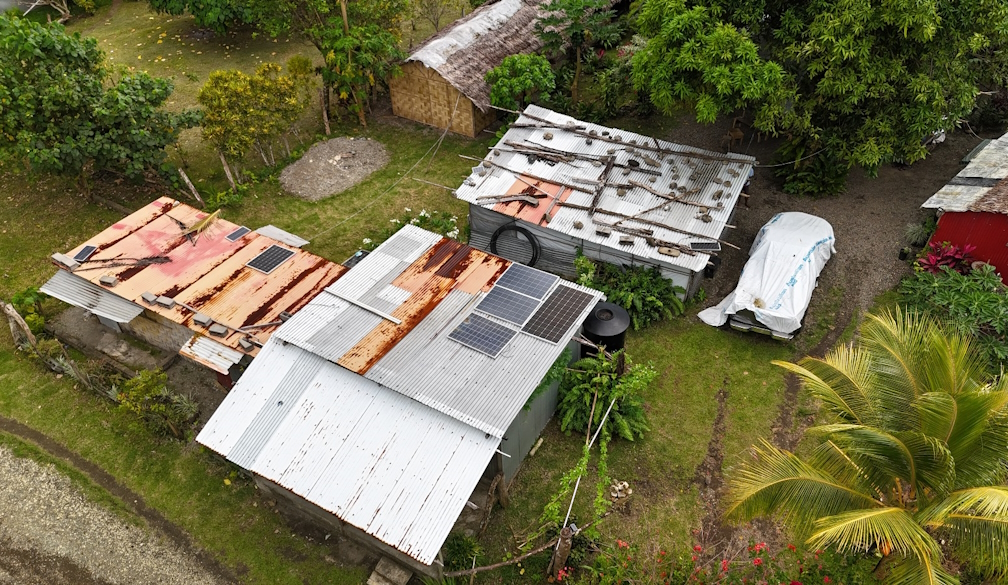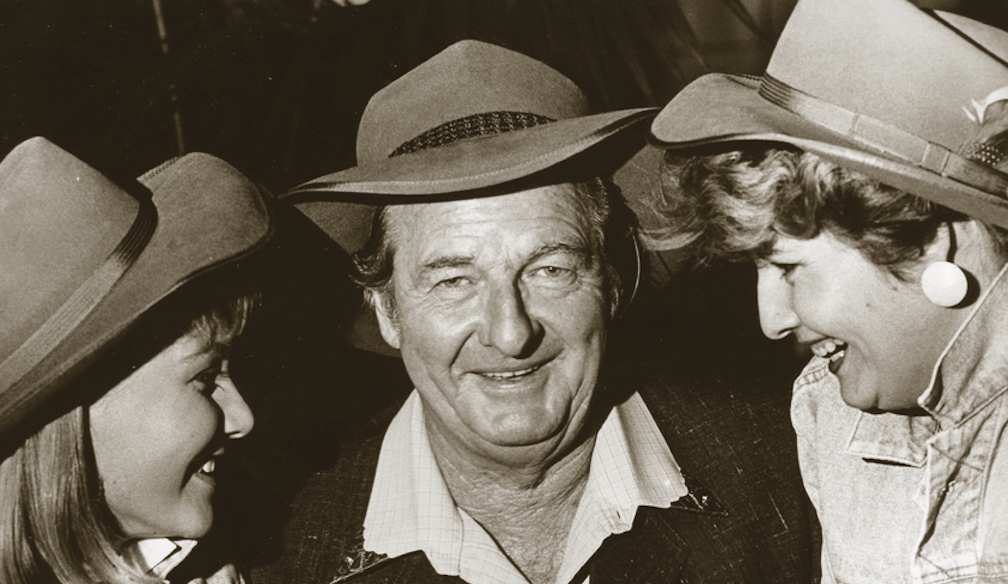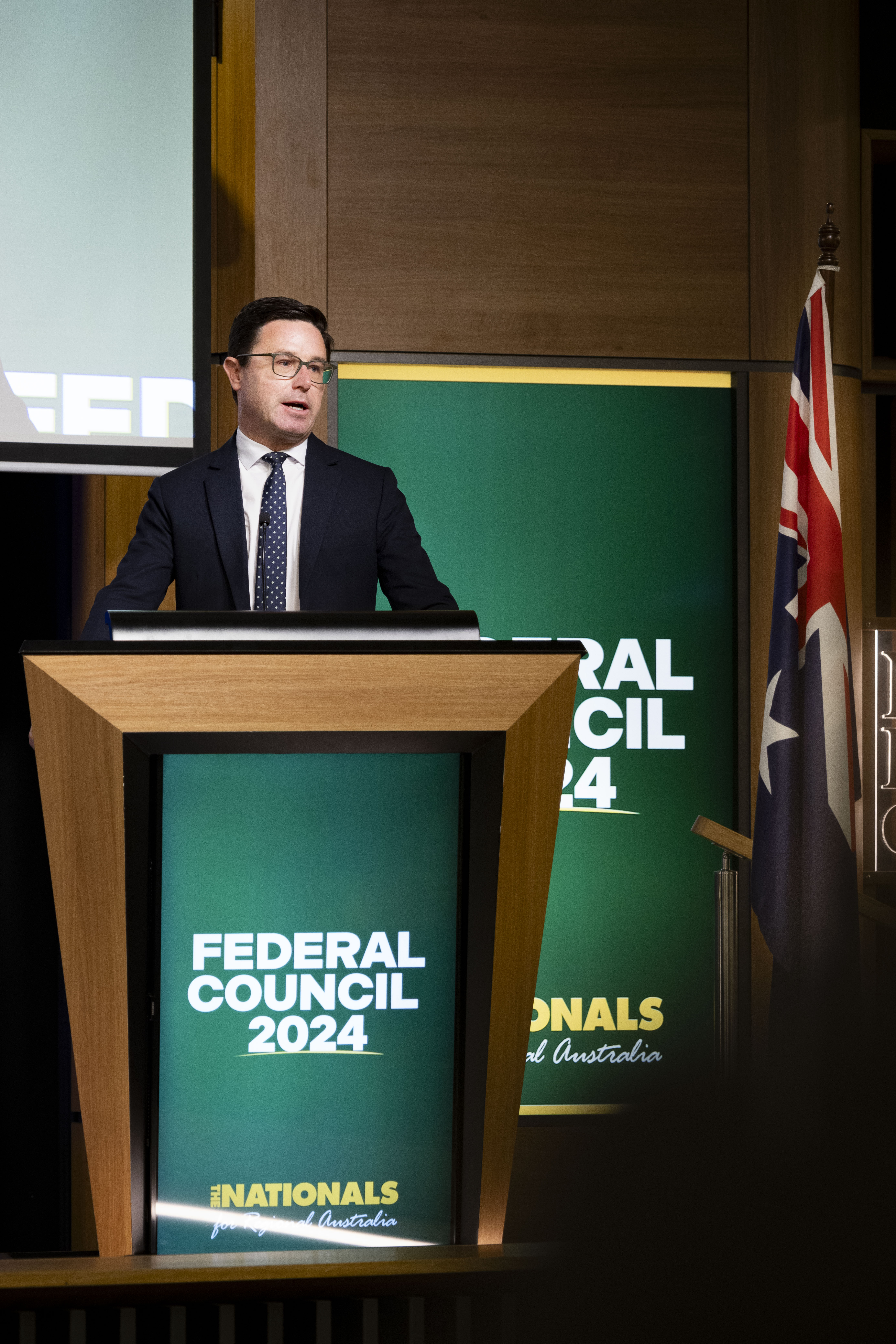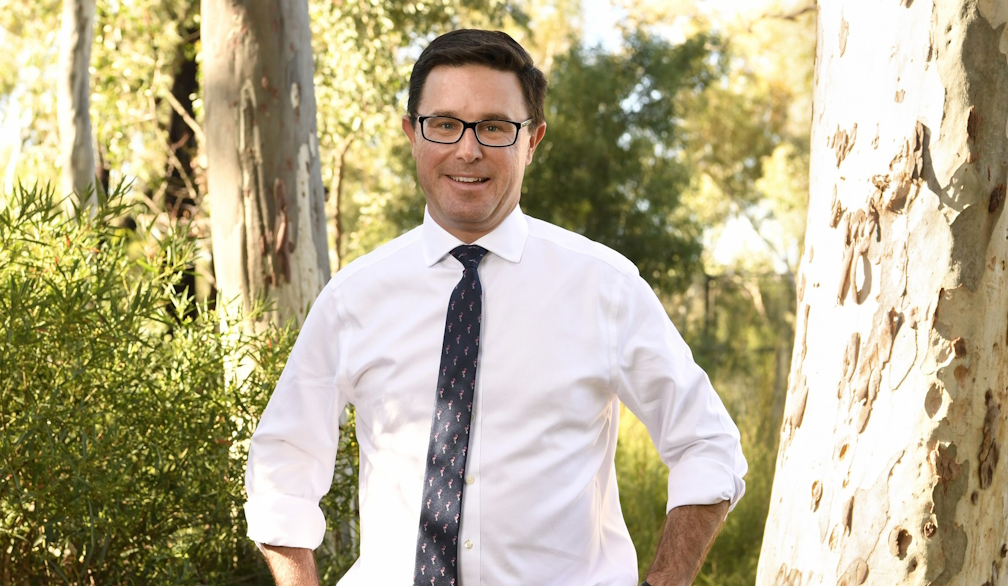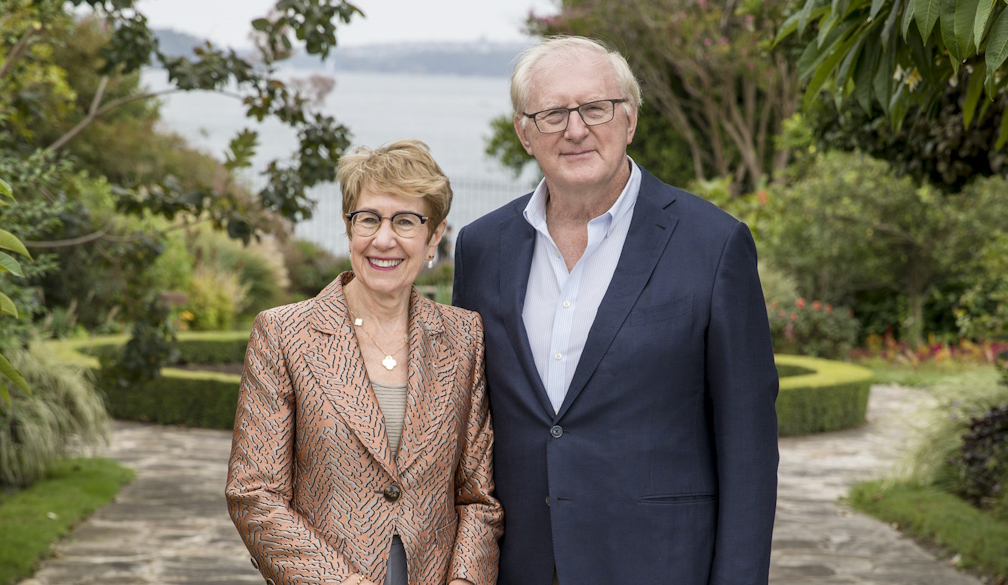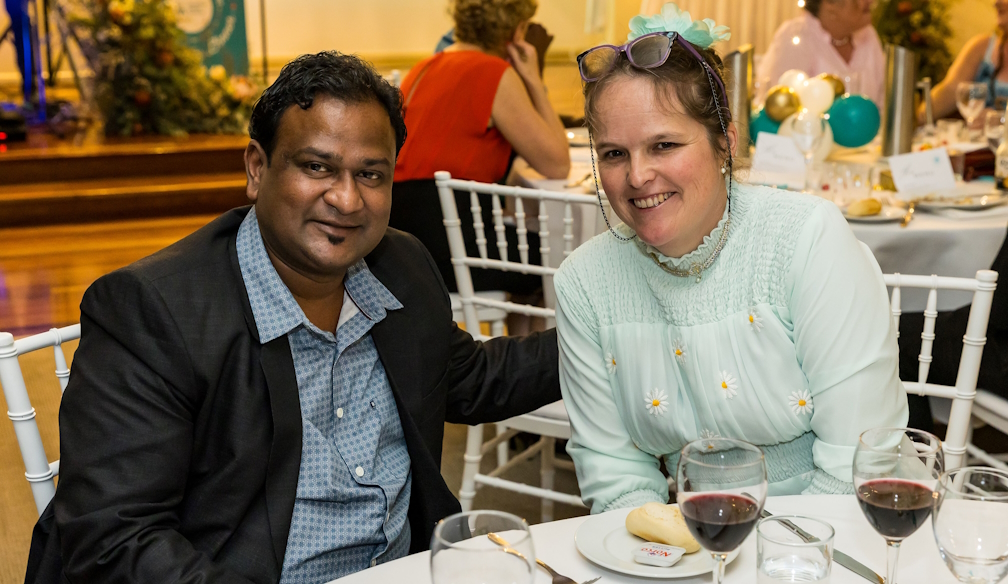
Foster carers get behind the Call Out for Carers during Foster Care Week
Foster carers around the country are putting their support behind MacKillop Family Services’ Call Out for Carers this Foster Care Week (8 – 14 September).
Battling the ongoing decline in foster carer numbers, MacKillop is urging the community to better understand the role of foster carers, the impact they have on their community, and the support that’s available.
Carers Harald and Bernadette Peeka of Grafton have been with MacKillop for four years, and have cared for eight children beside their own. Like many carers, this busy couple eased into foster care by starting with part-time or respite care. “When you see someone struggling, you can help, even a little,” says Harald.
They are currently caring for a 10-year-old and have been instrumental in helping him do better in school. “We asked him if he feels better about himself, and the answer was “Yes!””
This impact is consistent with data from early 2024 showing that 96% of the school-aged children and young people placed with MacKillop carers in NSW were enrolled in education, vocational training or employment, with the majority enrolled in mainstream primary or secondary schools.
Robyn Miller, CEO of MacKillop Family Services, believes many people in the community don’t realise they could make a difference to a vulnerable child’s life.
“Factors such as economic pressures or changing demography, where people have children later in life, are impacting the available pool of carers. We know that the best place for children is in loving family homes. It’s getting increasingly difficult to provide those homes. This is a challenge across the sector.
“As a sector, we are looking at all the ways we can support carers to sustain those already opening their homes, and to encourage others to do the same. Listening to our existing carers and providing the support they need is critical to ensuring they can continue to provide the loving care that is so desperately needed.”
Dr. Miller added that the foster care community continually needs new carers coming onboard, and that all members of the community and family structures are encouraged to apply.
“Foster carers come from all different walks of life and can be single or married, in same sex relationships, working or retired. We’re calling for ordinary people to consider if foster care could be part of their life as they may be able to help provide that stability and support.”
More than 2,000 MacKillop staff from sites across the country will be in towns, cities and rural communities during Foster Care Week to encourage the community to think about becoming foster carers.
“We’ll be delivering postcards and leaflets to letterboxes, putting up posters in gyms, supermarkets and throughout all our networks. There is a critical shortage of carers, and we commit as an organisation to keeping the issue front and foremost while trying to reach good people who could become fantastic foster carers,” Dr. Miller added.
Those who would like to learn more could visit mackillop.org.au or call 1300 791 677.


